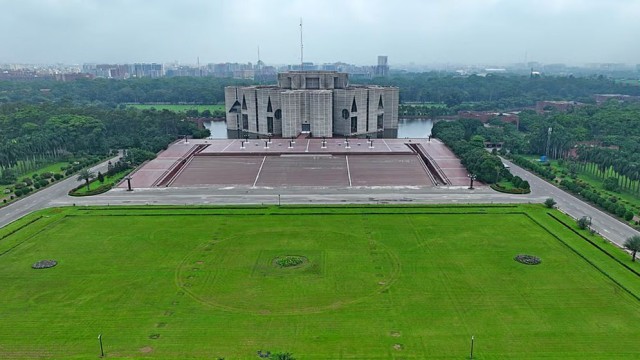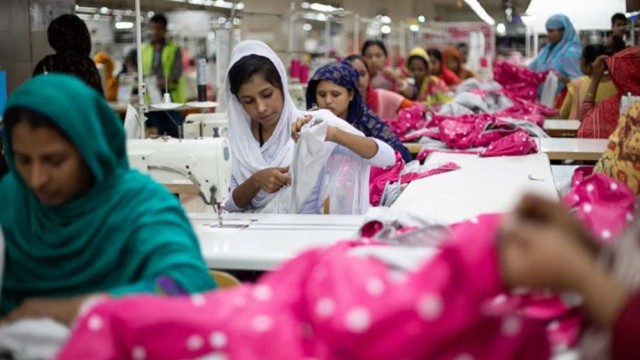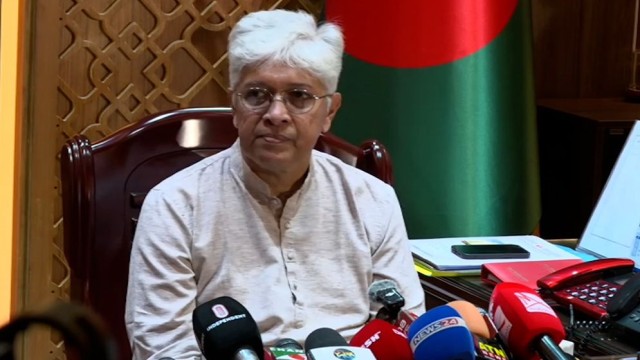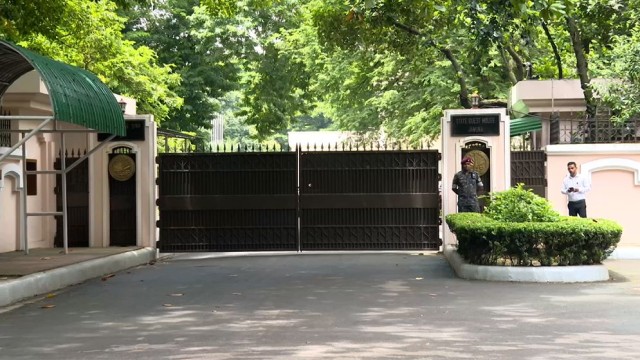Dhaka, the capital city of Bangladesh, has been ranked 7th on the list of cities worldwide with the worst air quality, with an Air Quality Index (AQI) score of 135 at 9 am on June 5, 2024. This classification indicates that the air quality in Dhaka was 'unhealthy' according to the air quality index.
The AQI value for particle pollution serves as a crucial indicator, with values between 101 and 150 considered 'unhealthy for sensitive groups', and readings of 150 and above deemed 'unhealthy', posing serious health risks to residents.
The air quality in Bangladesh is assessed based on five pollutants: particulate matter (PM10 and PM2.5), NO2, CO, SO2, and ozone. Dhaka has long been grappling with air pollution issues, with its air quality typically turning unhealthy in winter and improving during the monsoon.
The World Health Organization (WHO) estimates that air pollution leads to an estimated seven million deaths worldwide every year, primarily due to increased mortality from various health conditions, including stroke, heart disease, chronic obstructive pulmonary disease, lung cancer, and acute respiratory infections.































Comment: